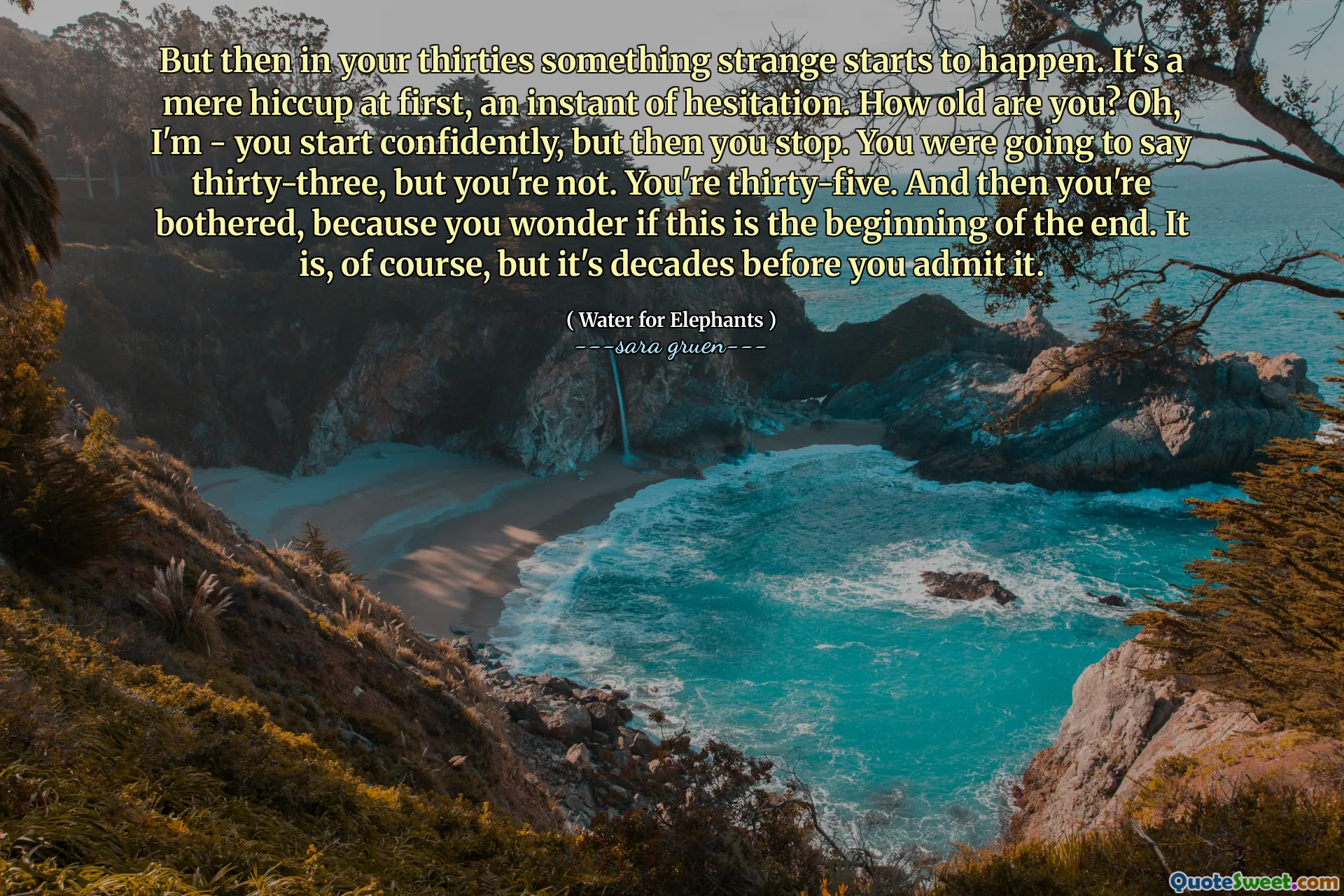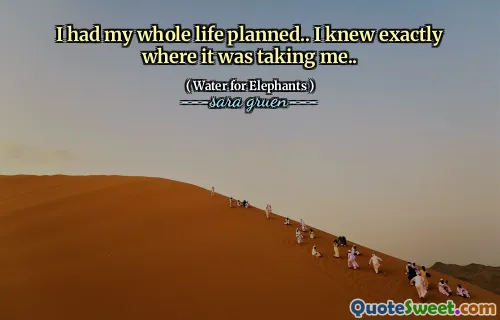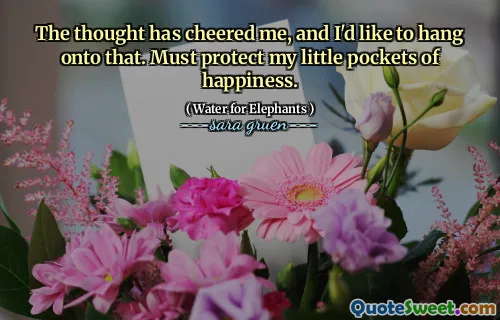
But then in your thirties something strange starts to happen. It's a mere hiccup at first, an instant of hesitation. How old are you? Oh, I'm - you start confidently, but then you stop. You were going to say thirty-three, but you're not. You're thirty-five. And then you're bothered, because you wonder if this is the beginning of the end. It is, of course, but it's decades before you admit it.
This passage poignantly captures a subtle but profound moment many experience as they transition through their thirties — a moment when time suddenly becomes more tangible and self-awareness sharpens. The initial hesitation when stating one's age reflects both a psychological and emotional shift: the move from an almost carefree confidence to a nuanced grappling with the concept of aging. It highlights how we perceive milestones not just as numbers but as markers of our journey, accomplishments, and the relentless passage toward our eventual mortality.
What stands out most is the gentle yet unsettling realization that aging is, in fact, "the beginning of the end." It isn't a dramatic turning point but a quiet dawn that we instinctively deny or delay admitting to ourselves. The quote invokes a bittersweet understanding that while aging starts innocuously, it carries the weight of inevitable decline, a reality that can feel humbling or even frightening.
This moment of self-reflection is universal — everyone approaching, in the midst of, or reflecting on their middle years can relate. Yet, the quote does not pessimistically dwell on decline but rather acknowledges it with honest nuance. It invites readers to embrace time's passage, to be mindful of the decades stretching forward, and perhaps to reconcile with this ultimate truth with grace and acceptance. The beauty lies not in resisting that truth but in finding wisdom and meaning despite — or because of — it.









